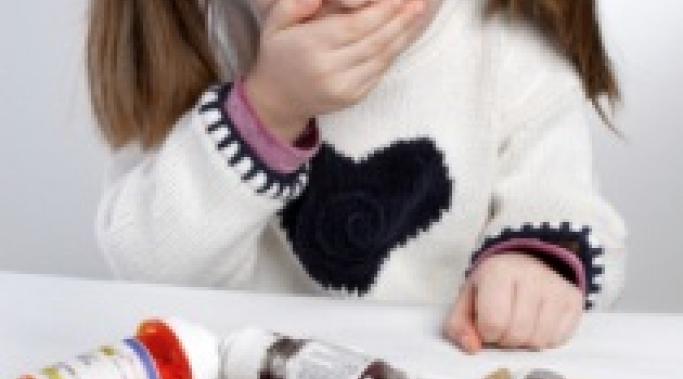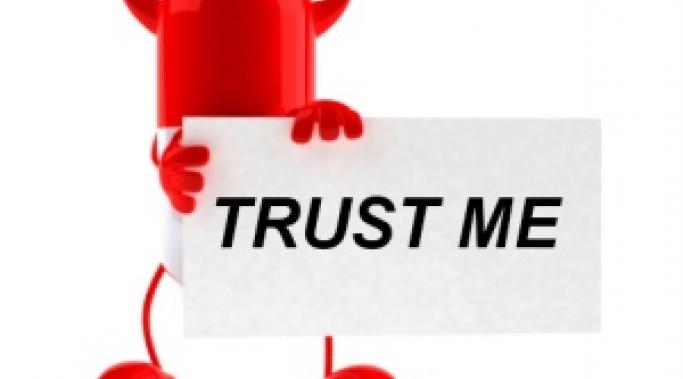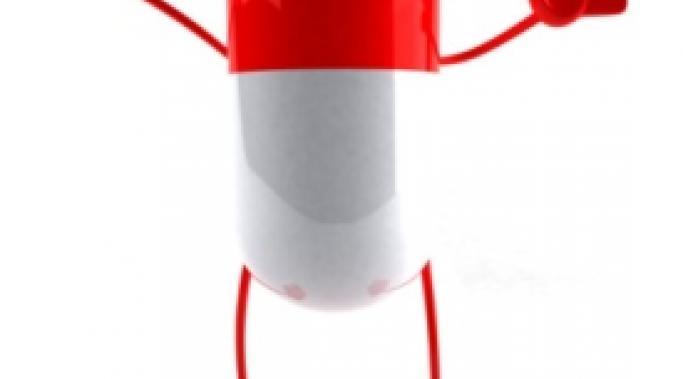You have had asthma as long as you can remember--since childhood--and have been seeing the same pulmonologist for at least three years. Your doctor has had you on theophylline, a pill you take three times a day, and a Flovent inhaler (which you use twice daily) for the past year. You went to the pharmacy today and dropped off your scripts, as you do every month, only to be told you can't fill them. Why? Because your insurance company won't approve a prescription for more than 60 theophylline. Nor will they fill a Flovent inhaler for more uses than once daily.
Psychiatric Medication - Parenting Child with Mental Iillness
cont. from Allergies and Psychiatric Illness (part 1)
Actually, I don't wonder about a possible link between inhalant (i.e., "seasonal" or "nasal") allergies and psychiatric diagnosis--I know such a link exists; there is clinical evidence to support it. What I wonder about is the mechanism of the link; how the link could be used to treat psychiatric illness in children (and adults); whether the link can explain some of Bob's difficulties.
As another (less-successful-than-last-year) school year draws to a close, my family struggles to keep it together without losing it on each other, and my firstborn seems to be moving further and further away from me, I start grasping at straws. Something, anything, for an answer somewhere. A clue. A hint. (Why I think I may be able to find The Big Answer when research teams and psychiatrists much more learned than I cannot is beyond me. Maybe because, having more at stake than they do, I might look harder.)
I haven't found The Big Answer yet, but I have come across some information I believe deserves further examination--the connection between inhalent (a/k/a "seasonal" or "nasal") allergies and psychiatric illness.
Parents--answer this question: How many times today have I asked myself, "am I doing the right thing here?"
I'm guessing most of you answered "at least once." And if your child has a psychiatric diagnosis, I'm guessing your answer was closer to "at least once every half-hour."
A friend of mine recently went to a new psychiatrist, who took her off the one (ineffective) medication she was taking and prescribed several new ones. I asked her the other day how things were going.
“I can already see what the problem is going to be with this stuff,” she said. “Remembering to actually take them.”
After several phone calls and missed fax transmissions, I finally had Bob's most recent lab results in my hand and his psychiatrist's. His lithium level was surprisingly low. His BUN, however, was high--enough to generate concern he may be developing lithium sensitivity. His psychiatrist suggested the labs be reviewed by his general practitioner prior to making our next move.
I had forgotten long-term lithium use can lead to kidney failure. I have since added that to my list of Things to Worry About at 3 AM, and asked myself the question: Am I sacrificing my child's physical health for his mental health? Can't he have both?
It's the last week of January, and there's a whole lot of crazy goin' on. In Bob's case, particularly, he is climbing up his usual mid-winter spiral into mania. It's frustrating. Throw in some miscommunication among treatment providers and it becomes downright maddening.
"Why do my kids always turn into complete monsters during the holidays?"
If you have ears, you've heard it; if you're a parent, you've said it. The "most wonderful time of the year" often seems like anything but for multiple reasons--not the least of which being our precious little angels usually seem to think they've already secured their position on either the "naughty" or "nice" list. Dealing with them, whether at home or away, can turn even Jolly Old St. Nick into Scrooge.
(cont. from part 1 of story)
My son’s bipolar disorder and ADHD treatment has been a constant source of conflict between his father and I. Non-compliance with Bob’s prescribed medication regimen has been an ongoing problem for years, and has once again become a problem following a frightening drug reaction. Despite the devastating effects bipolar medication non-compliance could have on Bob’s physical and emotional health, there are sadly few resources I can go to for help.
As I mentioned in this week's audio, Bob recently suffered a reaction to one of his psychiatric medications. He’s fine now, but the discussions between his father and I that have followed leave me wondering if he’ll survive the fallout.









